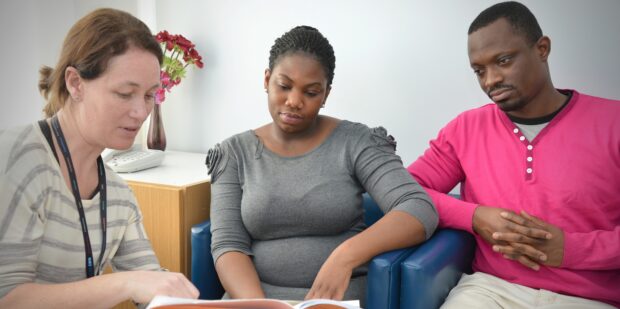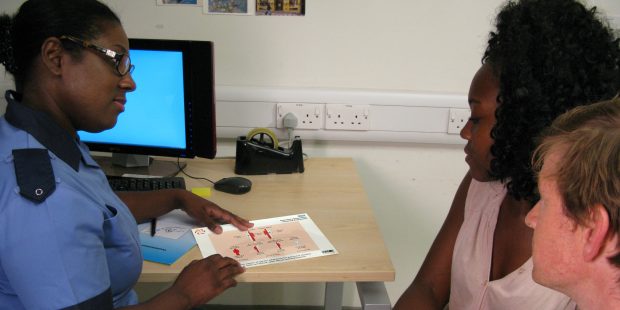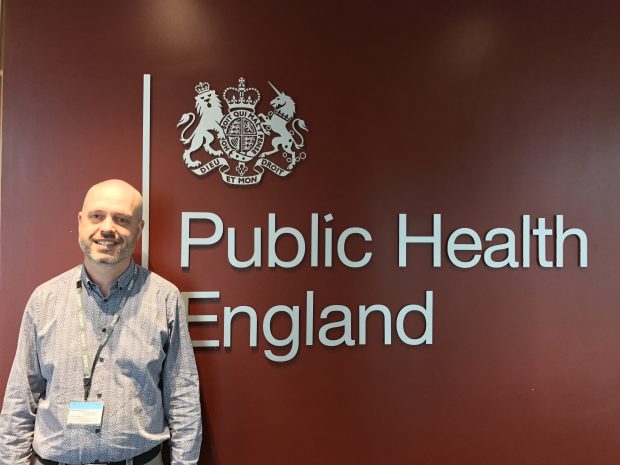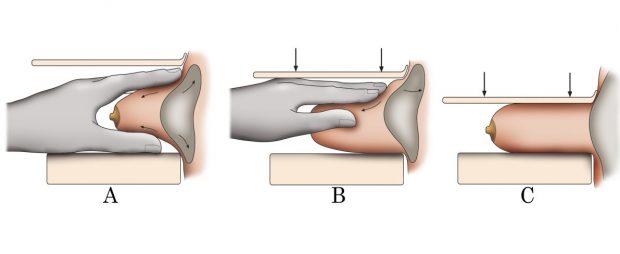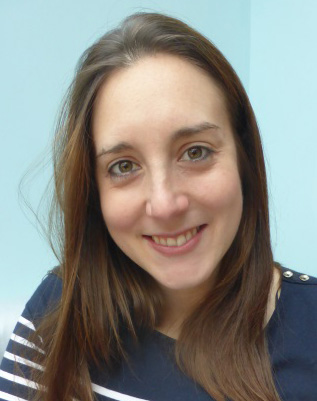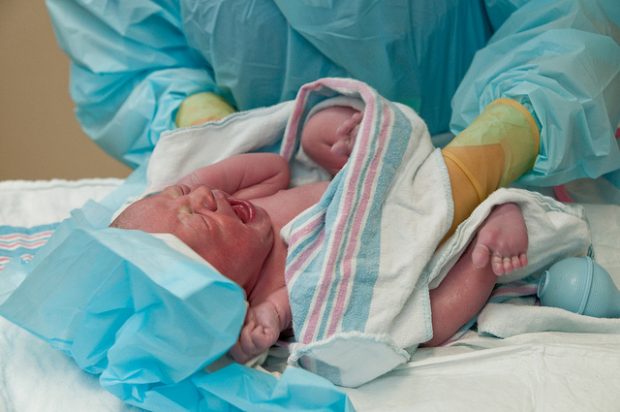This year, on 17 July, I went to Norfolk and Norwich University Hospital (NNUH) for a colonoscopy. For the uninitiated it’s where a highly trained individual sticks a camera up your bottom. Take it from me, it’s really quite painless, …
...provide up to date news from all NHS screening programmes. You can register to receive updates direct to your inbox, so there’s no need to keep checking for new blogs....
Little is known about the effects on a man's quality of life of knowing he has an aneurysm that might eventually grow to a dangerous size that requires treatment.
...and 31 March 2016, approximately 50% of women were screened by 10 weeks gestation (the acceptable level for this standard). Women in high prevalence areas were less likely to be...
...wanted to: hear examples of positive outcomes for affected children be put in touch with patient organisations who could find someone in the community to support them meet young people...
...or those where there is an existing screening programme – and makes independent recommendations to government ministers in the 4 UK countries. It doesn’t make policy (that’s what ministers do)...
The programme will introduce a new improved home test kit for screening from April 2018. It is call a faecal immunochemical test (FIT) and it will replace the guaiac faecal occult blood test (gFOBt). It’s important that GPs and others working in primary care understand this change to the screening programme and its implications for …
The Eklund technique is an internationally recognised method to improve the detection of breast cancer in women with breast implants. It is already used in services in Australia, the USA and some other countries to promote high quality breast screening and …
...meeting and make it a priority to attend. I then meet a screening and immunisation coordinator who works on DES. We've been working together with a provider that recently had...
Group B Streptococcus (GBS) is an important cause of illness in babies, children and elderly adults. It remains the commonest infection that causes serious illness in newborn babies.



